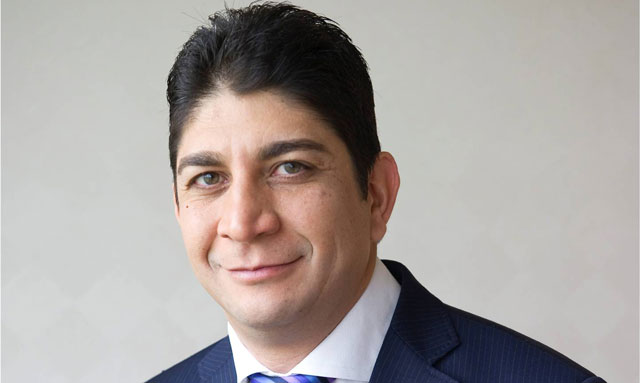
Vodacom CEO Shameel Joosub has called on telecommunications operators to work more closely together to reduce costs in an environment where input costs continue to rise but where prices for telecoms services continue to fall.
Joosub says one of the big areas of opportunity for industry players to cooperate is in mitigating the impact of South Africa’s energy crisis. It makes zero sense, he says, to have four diesel generators powering a site where all of the mobile operators have equipment.
By pooling infrastructure and working more smartly together, the industry will be in a better position to weather the deflation occurring in both voice and data services.
“On the maintenance side, we could consolidate vendors,” Joosub says in an interview with TechCentral. “When it comes to building fibre in rural areas, we should cooperate more than we do.”
He says Vodacom has begun discussions with its competitors about ways in which the operators can cooperate to lower costs. But he says it’s still early days and there are “no transactions at this stage”.
Already, MTN and Telkom have proposed a deal whereby they will more actively share each other’s infrastructure. The two companies are keen to sign a bilateral roaming agreement, allowing their users to roam seamlessly between their networks. Telkom also wants to outsource management of its radio access network — the bit of its mobile network that connects end users to its base stations — to MTN.
That deal is subject to Competition Commission approval.
Joosub says that when necessary, Vodacom will work with the competition authorities when collaborating with competitors on cost reduction projects. He says the intention is not to collude with rivals but to reduce costs “in the backend”.
“My message is consistent: we want to work together more, but we won’t share the active side of the network where we compete,” he says. “We are very willing to do this with the Competition Commission once there is something formal. We will follow all the processes…”
He says the industry needs to work more closely on a range of issues, including digital migration and the black economic empowerment charter that governs the sector. — © 2015 NewsCentral Media




